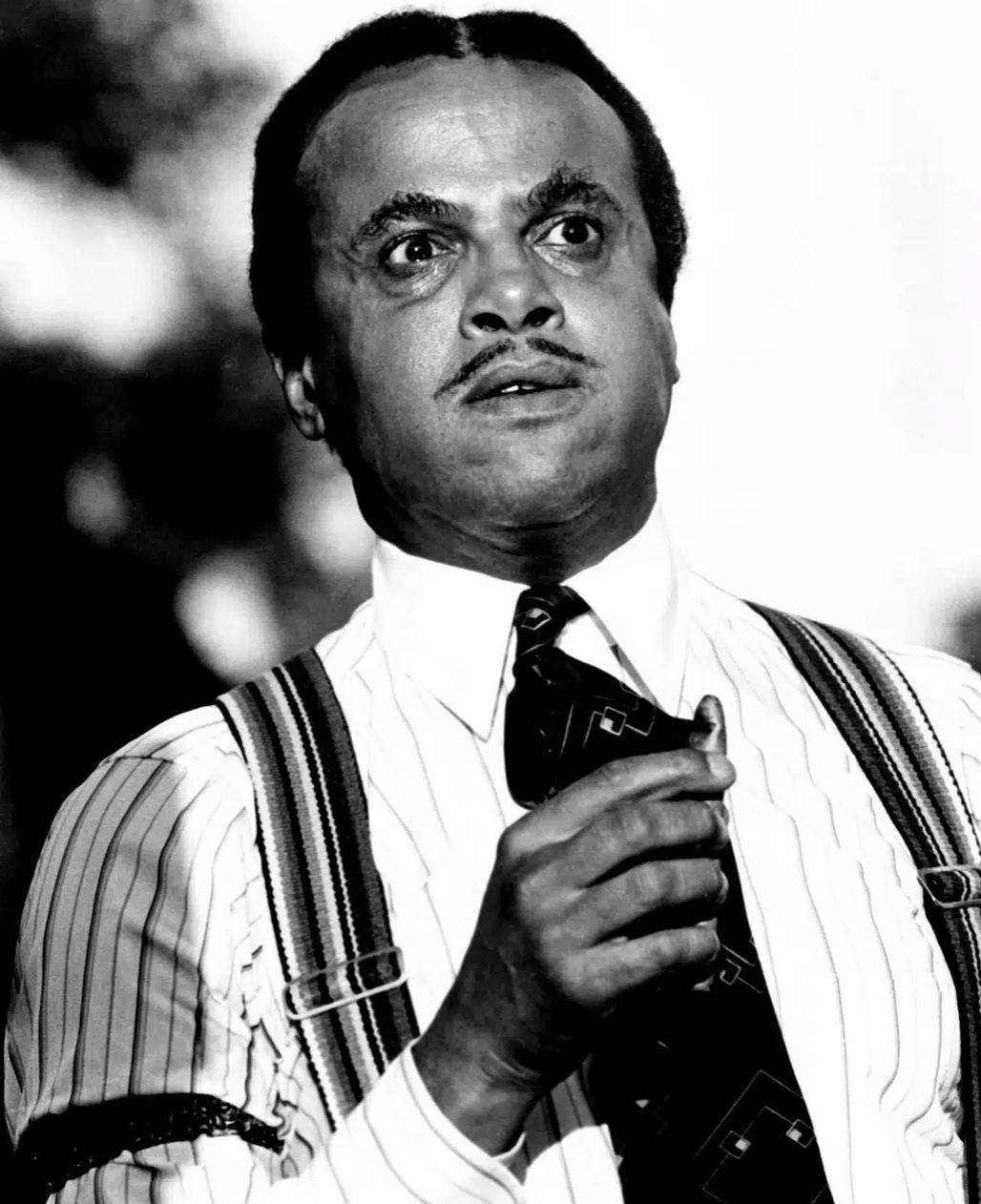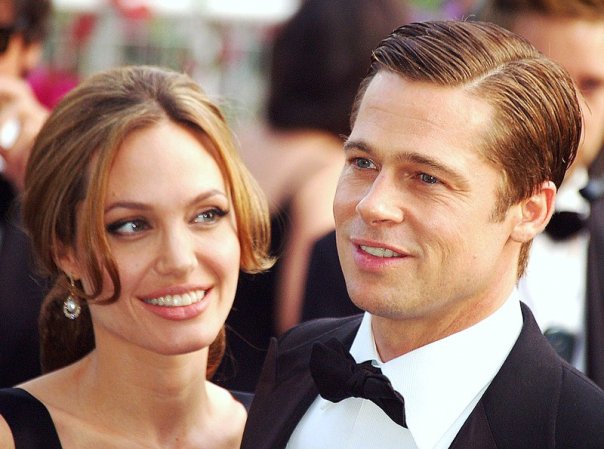On Tuesday, April 25, 2023, Harry Belafonte passed away at his residence on the Upper West Side of Manhattan at the age of 96. Belafonte’s spokesperson, Ken Sunshine, cited congestive heart failure as the cause of his death.
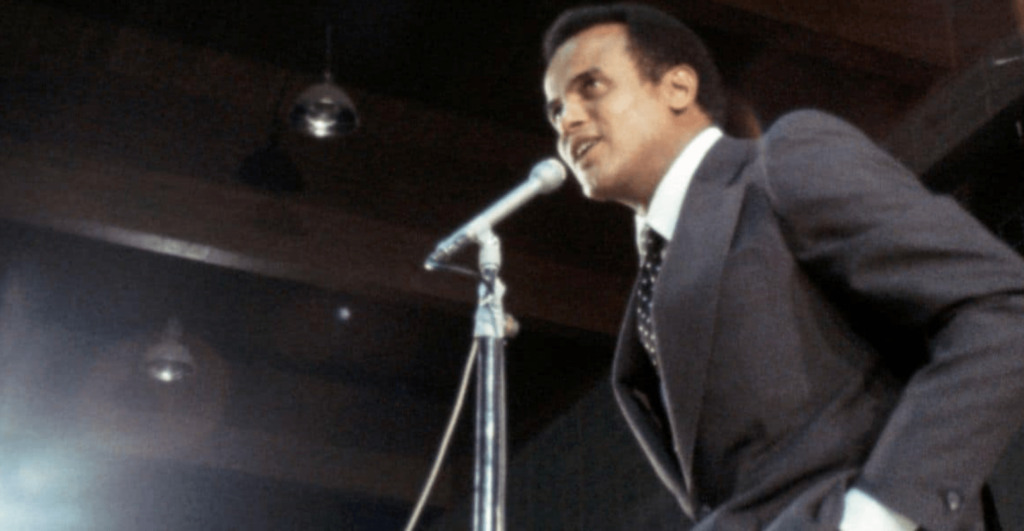
Recognized for his groundbreaking music that broke down barriers, Harry Belafonte was famous for his hit songs like “Jump in the Line,” “The Banana Boat Song,” and “Jamaica Farewell.” Besides his music, he was also a trusted friend of Martin Luther King Jr. during the Civil Rights Movement, and his activism contributed to advancing civil rights. Belafonte’s music played a crucial role in showcasing Black artists on a national platform and elevating their prominence in the industry.
Harry Belafonte, originally named Harold George Bellanfanti Jr., was born on March 1, 1927, in New York City. In 1936, most of his family relocated to Jamaica for a brief period of time. After completing high school, he enlisted in the Navy and served in World War II. Upon his return to the United States, he began pursuing a career in the arts. While working as a janitor, Belafonte was given two tickets to see the American Negro Theater, where he started working as a stagehand before eventually becoming a performer. This experience led to a lifelong friendship with Sidney Poitier.
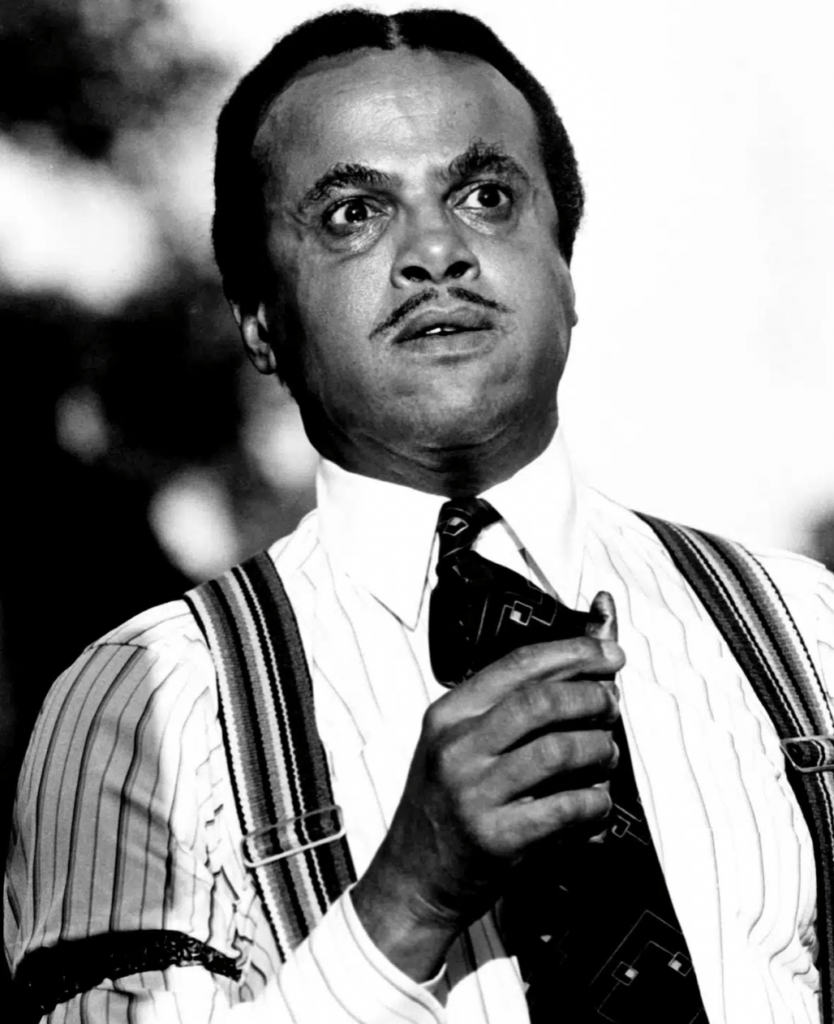
Despite his talent, Harry Belafonte faced limited opportunities in acting due to pervasive segregation in the entertainment industry. He was often typecast in stereotypical roles, such as the “Uncle Tom” character. However, as a singer, he was immensely popular and captivated audiences with his performances. Belafonte’s manager, Jack Rollins, recognized his dual abilities and combined his passion for acting and his exceptional singing talent, turning each of his songs into a captivating visual performance.
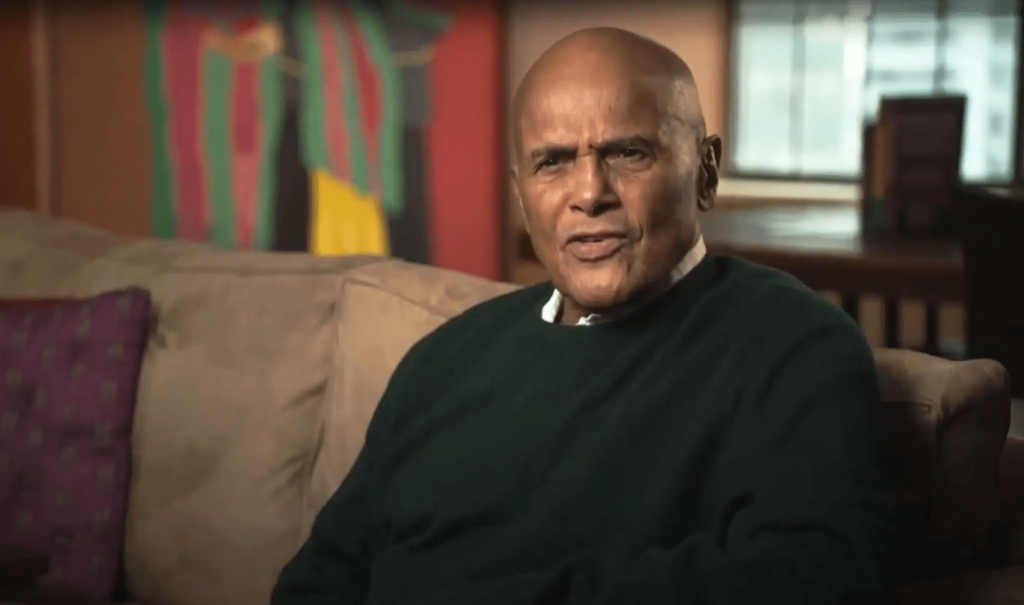
Throughout his career, Harry Belafonte left an indelible mark on the arts and entertainment industry. As a pioneering Black musician and performer, he challenged the status quo and broke down barriers for artists of color. Belafonte’s music and activism played a significant role in advancing civil rights and promoting social justice. He used his platform to address important issues, such as racism and poverty, and inspired generations of artists and activists to follow in his footsteps. Belafonte’s legacy continues to shape the arts and entertainment landscape today and reminds us of the power of music and performance to effect change.
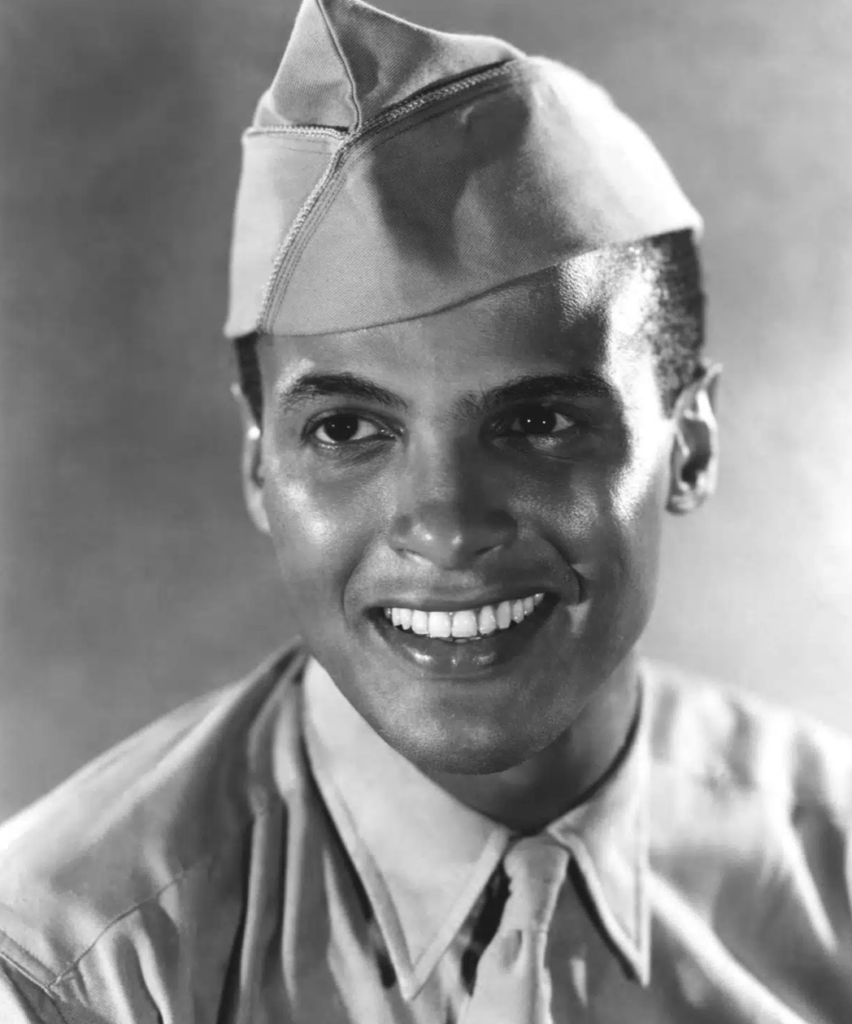
Harry Belafonte rose to fame during a time when Black artists were still fighting for recognition and a rightful place in the entertainment industry. Despite the success of artists like Louis Armstrong and Ella Fitzgerald before him, Belafonte became a household name and a recognizable face, making an enormous impact on the industry. He broke down barriers and paved the way for future generations of Black artists to follow in his footsteps. Belafonte’s influence was undeniable, and his contributions to the arts and entertainment landscape will forever be remembered as a turning point in the fight for racial equality.
Harry Belafonte drew inspiration from singer, actor, and activist Paul Robeson, and similarly used his platform to promote social justice and support the civil rights movement. Despite being blacklisted during McCarthyism, Belafonte continued his activism work and raised significant funds to support the cause. In recognition of his efforts, President Kennedy appointed Belafonte as a cultural advisor to the Peace Corps. Even after the civil rights movement, Belafonte remained an influential figure in the fight for equality and continued to use his platform to advocate for change.
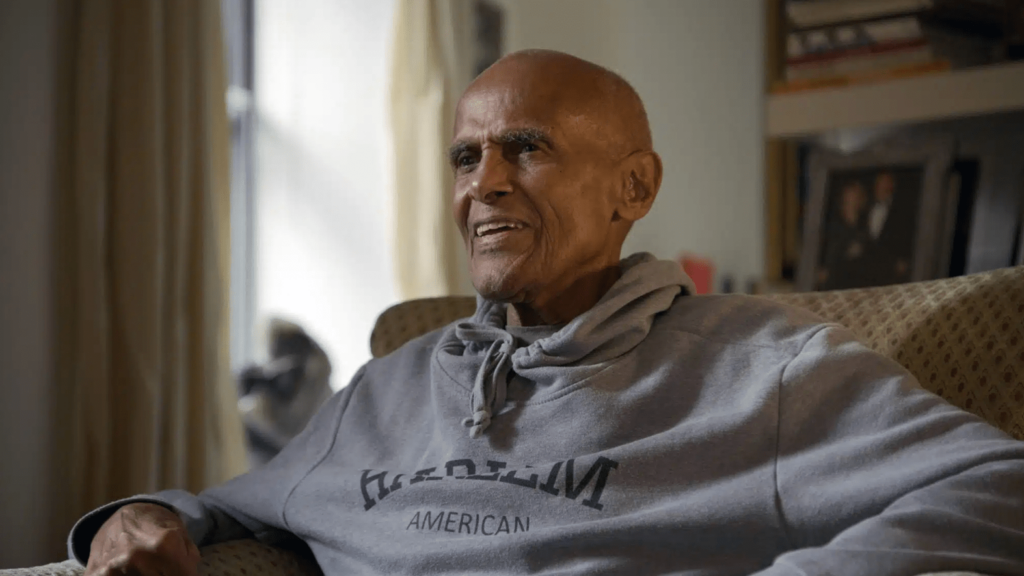
Belafonte’s impact on popular culture is also evident in a memorable TV special appearance with Petula Clark, where a simple gesture of Clark touching Belafonte’s arm sparked controversy. While higher-ups wanted to reshoot the scene without the physical contact, Clark insisted that the shot stay in. This moment highlights the importance of representation and how even small actions can have significant impacts on breaking down barriers.
Harry Belafonte’s legacy will continue to inspire generations of activists and artists, and his contributions to the civil rights movement and popular culture will be remembered for years to come. May he rest in peace.
